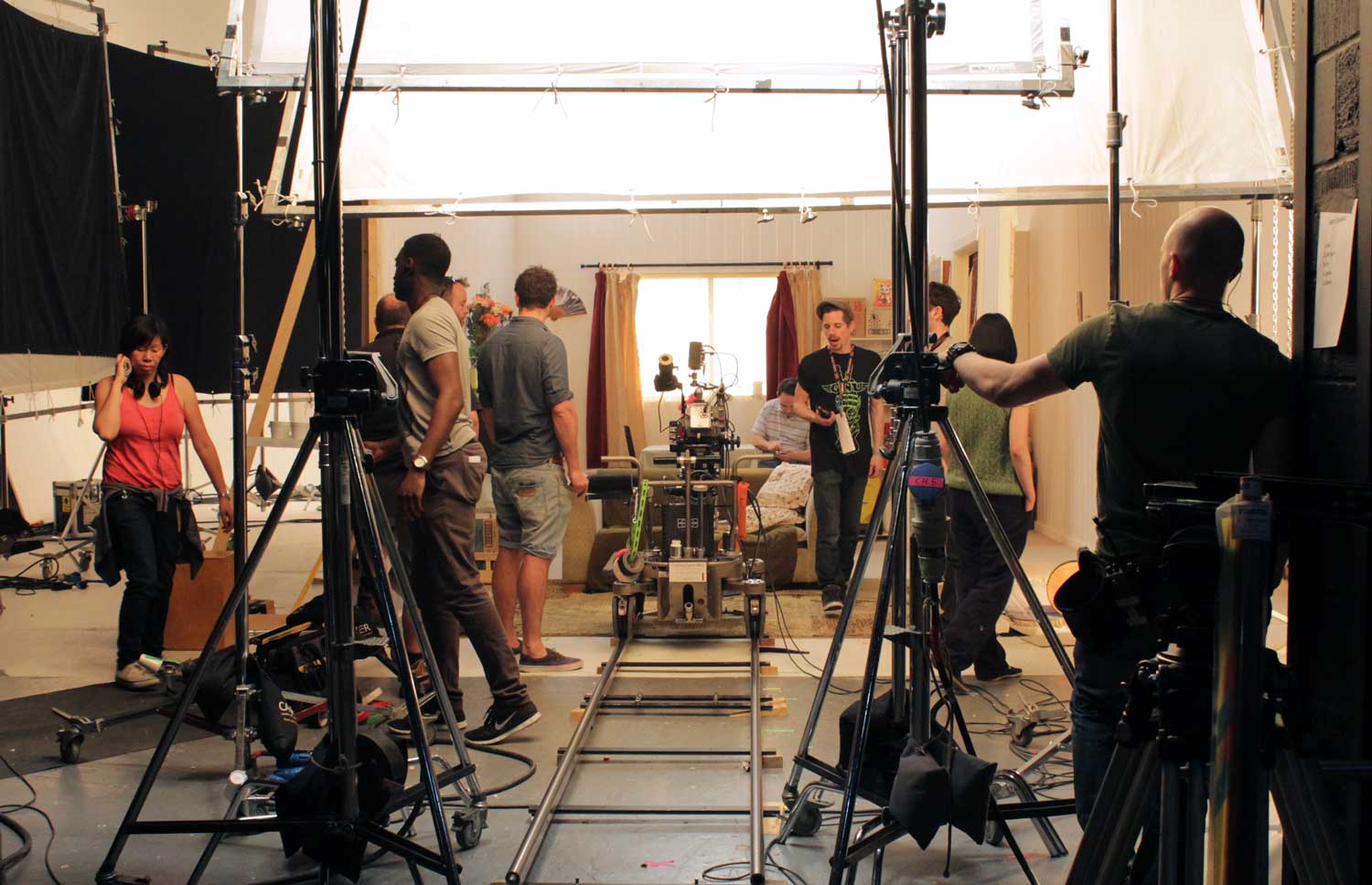No one ever said making a film was easy. In fact, despite its glamorous exterior, filmmaking and the entertainment industry as a whole is an extremely challenging business. From casting decisions and funding to distribution and box office performance, there are many different aspects of filmmaking, on both the business and creative side, that must come together for a movie to be successful. In fact, striking a balance between fulfilling oneself creatively and appealing to production companies in order to get funding is a struggle that many filmmakers deal with.
James DuBose is an American television producer, filmmaker, and veteran entertainment industry executive. He shared the top three challenges posed by the film industry.
The Devaluation of Film
On the business side, James DuBose claims that one of the biggest challenges facing the filmmaking industry today is the devaluation of film as a product. Simply put, films have become less valuable in terms of their monetary worth. Gone are the days when movie fans are purchasing DVDs or Blu-Ray. Instead, they are watching their favorite movies on streaming services. Although these services are often paying a hefty sum to acquire the rights to certain content, the price people are paying per stream is less than they would have paid to purchase a physical copy of the film. Thus, this new era of streaming (Netflix, Hulu, Prime Video, etc…) has resulted in a serious loss of revenue for the industry as a whole, which can be felt on all levels, from distributors to PR companies.
James DuBose on Tax Breaks and Government Grants
There is a clear emphasis in the United States placed on the superiority of large, studio films over smaller, indie films, shares James DuBose. This is evidenced by the fact that there is a serious lack of government grants available for small-budget and short films, as well as a lack of tax breaks for smaller productions. For films of this size, tax incentives, and grants are of the utmost importance and are often the difference between a movie getting made or not. Although smaller films may not turn a profit or at least not a significant one, there is still an audience for them and they are still a valuable part of the filmmaking industry. James DuBose wholeheartedly believes that it should be much easier for filmmakers to receive funding in the United States, like it is in other countries, including France and the United Kingdom.
4K+
Finally, James DuBose asserts that due in part to Netflix, 4K has become the feature production and postproduction standard to the detriment of certain groups of filmmakers. In the last few years, Netflix implemented a “4K rule,” declaring that they would not produce any film shot with less resolution than UHD (this amounts to 3840 pixels, or in other words, 4K). In essence, the global streaming site attempted to measure the quality of a film based on this technical measurement. Since this declaration, 4K has become the production and projection standard for film. According to DuBose, it’s not that 4K is a poor resolution at which to shoot a film, but by setting a standard, it takes away from the filmmaker’s capacity to be creative. The way a film is shot and the resolution that it is shot in are both artistic choices. If 4K continues to be the standard, DuBose worries that artists will have to compromise creatively which will be to the detriment of the industry.
Comments